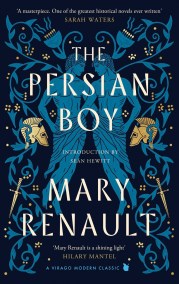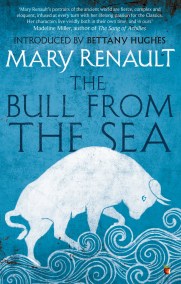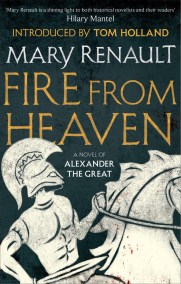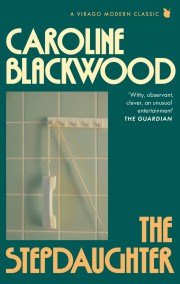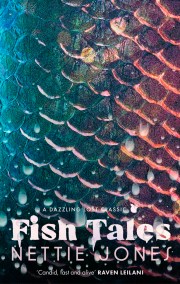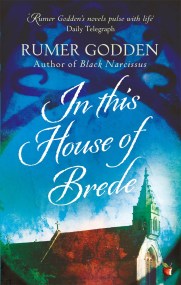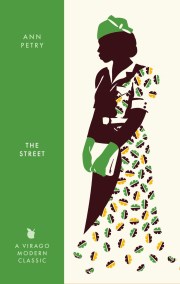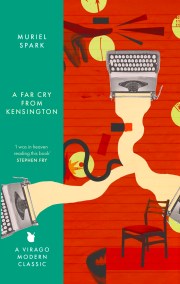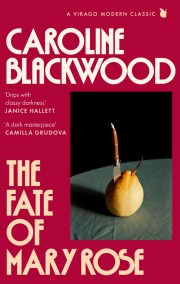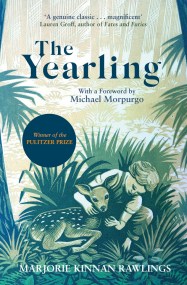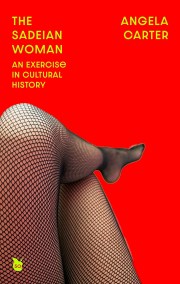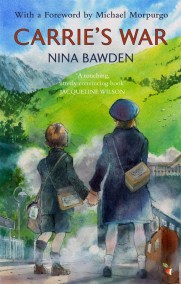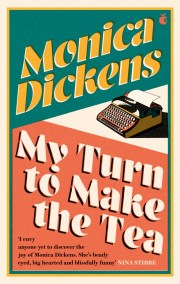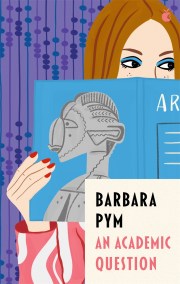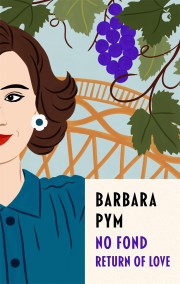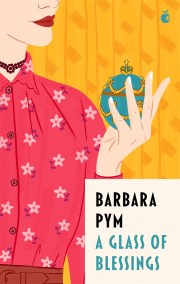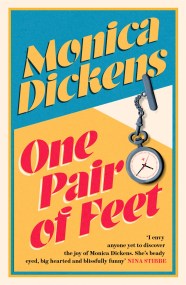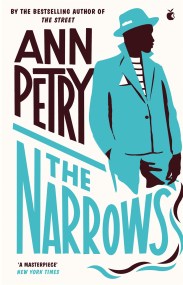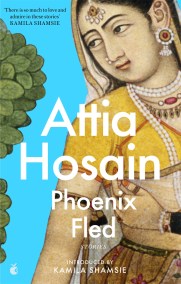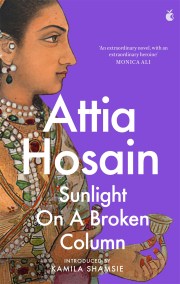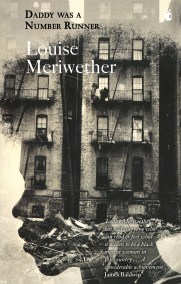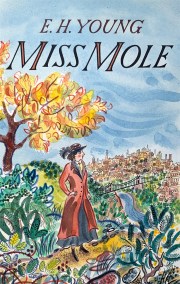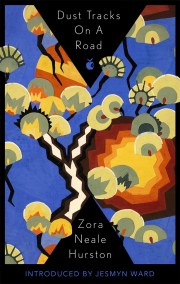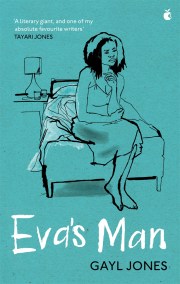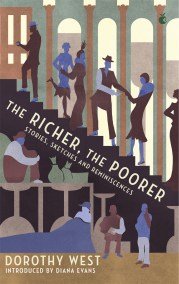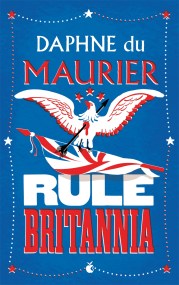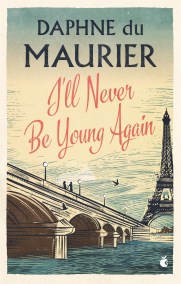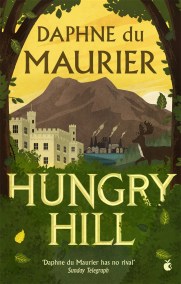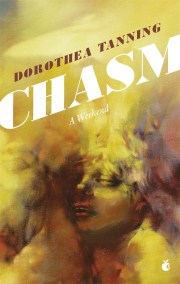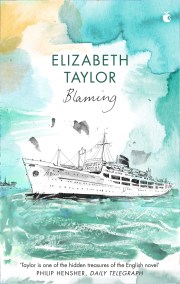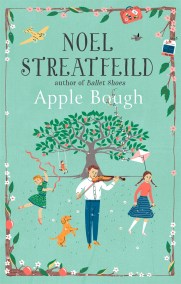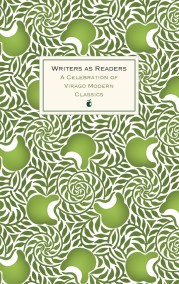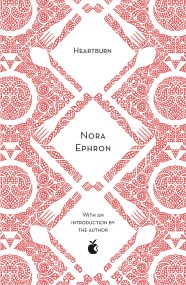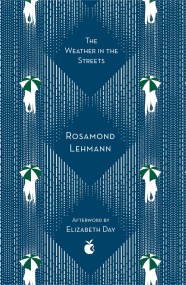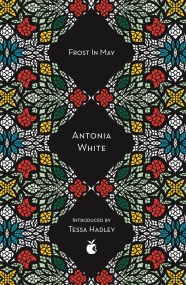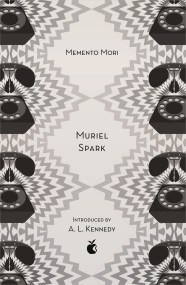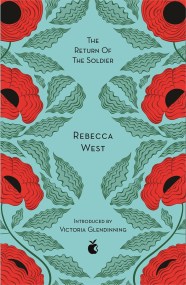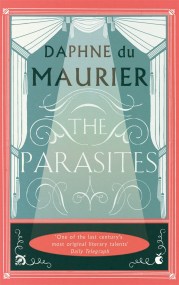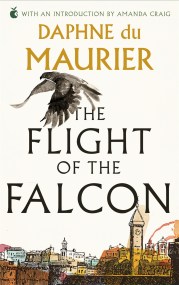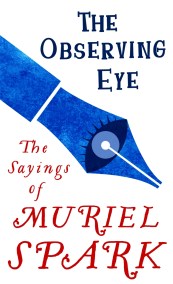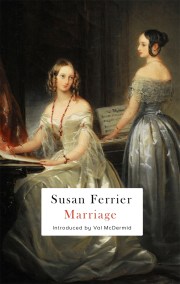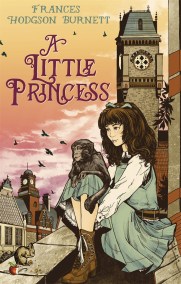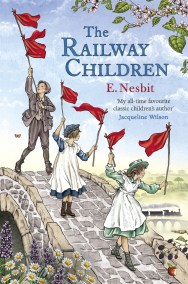‘All my sense of the ancient world – its values, its style, the scent of its wars and passions – comes from Mary Renault. Her Theseus novels are perhaps the most exciting of her Greek fictions, and The Last of the Wine the most moving. I turned to writing historical fiction because of something I learned from Renault: that it lets you shake off the mental shackles of your own era, all the categories and labels, and write freely about what really matters to you’ EMMA DONOGHUE
‘Mary Renault’s portraits of the ancient world are fierce, complex and eloquent, infused at every turn with her life-long passion for the Classics. Her characters live vividly both in their own time, and in ours’ MADELINE MILLER
Combining the scholarship of a historian with the imagination of a novelist, Mary Renault masterfully brings the ancient world to life in this page-turning drama of the Peloponnesian War.
Alexias, a young Athenian of good family, comes of age during the last phases of the Peloponnesian War. The adult world he enters is one in which the power and influence of his class have been undermined by the forces of war. Alexias finds himself drawn to the controversial teachings of Socrates, following him even though it at times endangers both his own life and his family’s place in society. Among the great teacher’s followers Alexias meets Lysis, and the two youths become inseparable – together they wrestle in the palaestra, journey to the Olympic Games, and fight in the wars against Sparta. As their relationship develops against the background of famine, siege and civil conflict, Mary Renault expertly conveys the intricacies of classical Greek culture.
‘Mary Renault is a shining light to both historical novelists and their readers. She does not pretend the past is like the present, or that the people of ancient Greece were just like us. She shows us their strangeness; discerning, sure-footed, challenging our values, piquing our curiosity, she leads us through an alien landscape that moves and delights us’ HILARY MANTEL
‘The most vivid and convincing reconstruction of ancient Greek life that I have ever seen’ Sunday Times
‘Mary Renault’s portraits of the ancient world are fierce, complex and eloquent, infused at every turn with her life-long passion for the Classics. Her characters live vividly both in their own time, and in ours’ MADELINE MILLER
Combining the scholarship of a historian with the imagination of a novelist, Mary Renault masterfully brings the ancient world to life in this page-turning drama of the Peloponnesian War.
Alexias, a young Athenian of good family, comes of age during the last phases of the Peloponnesian War. The adult world he enters is one in which the power and influence of his class have been undermined by the forces of war. Alexias finds himself drawn to the controversial teachings of Socrates, following him even though it at times endangers both his own life and his family’s place in society. Among the great teacher’s followers Alexias meets Lysis, and the two youths become inseparable – together they wrestle in the palaestra, journey to the Olympic Games, and fight in the wars against Sparta. As their relationship develops against the background of famine, siege and civil conflict, Mary Renault expertly conveys the intricacies of classical Greek culture.
‘Mary Renault is a shining light to both historical novelists and their readers. She does not pretend the past is like the present, or that the people of ancient Greece were just like us. She shows us their strangeness; discerning, sure-footed, challenging our values, piquing our curiosity, she leads us through an alien landscape that moves and delights us’ HILARY MANTEL
‘The most vivid and convincing reconstruction of ancient Greek life that I have ever seen’ Sunday Times
Newsletter Signup
By clicking ‘Sign Up,’ I acknowledge that I have read and agree to Hachette Book Group’s Privacy Policy and Terms of Use
Reviews
I never learned Latin or Greek; I wasn't raised on the classics, even in translation. So all my sense of the ancient world - its values, its style, the scent of its wars and passions - comes from Mary Renault. Her Theseus novels are perhaps the most exciting of her Greek fictions, and The Last of the Wine the most moving. I turned to writing historical fiction because of something I learned from Renault: that it lets you shake off the mental shackles of your own era, all the categories and labels, and write freely about what really matters to you.
The most vivid and convincing reconstruction of ancient Greek life that I have ever seen.
Not since Robert Graves' I, Claudius has there been such an exciting, living image of the ancient world on this grand scale. It is a glowing work of art
Mary Renault is a shining light to both historical novelists and their readers. She does not pretend the past is like the present, or that the people of ancient Greece were just like us. She shows us their strangeness; discerning, sure-footed, challenging our values, piquing our curiosity, she leads us through an alien landscape that moves and delights us



